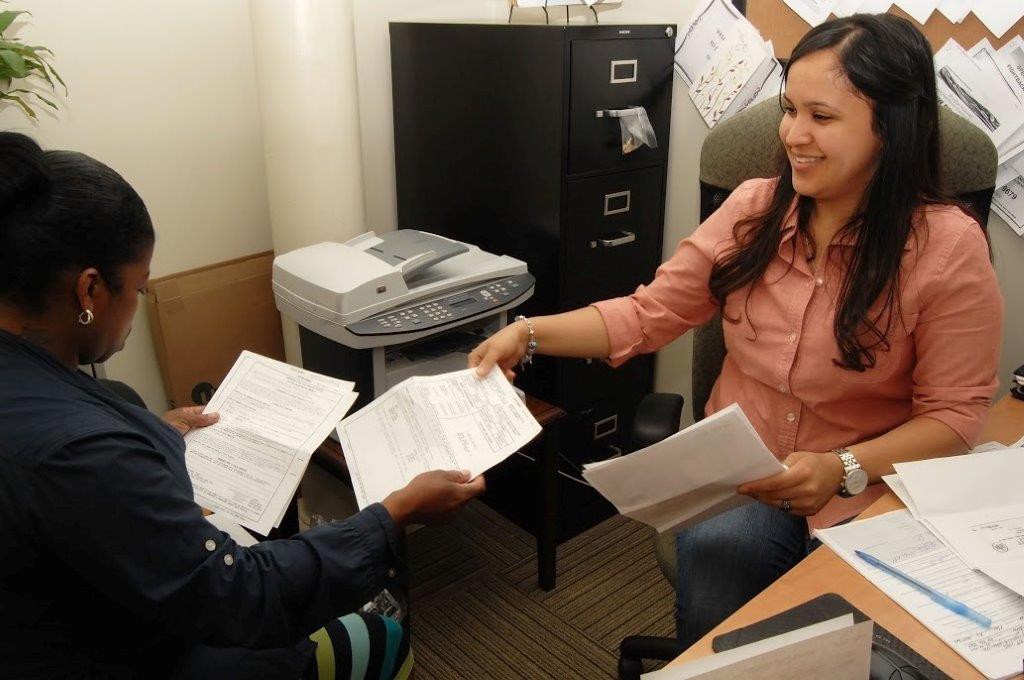Ididn’t plan to become a financial counselor for the poor. The role grew out of a deep friendship with members of a Methodist church in a densely poor, black “ghetto” in West Philadelphia. I had spent a lot of my childhood in the home of one church member. Over the years, she and her neighbors taught me more about right from wrong than did my parents.
This church served as the social glue for the community, Yet the minister could do no more than watch helplessly as predators, throughout the 1970s and 1980s, roamed the neighborhood selling destructive financial products that stripped the meager wealth of the neighborhood’s families. These predators sold life insurance to retirees with no dependents. They sold Medicare supplements to folks who already owned such coverage, guaranteeing that they wouldn’t collect a dime by purchasing redundant coverage.
To stop these practices, the minister asked me in 1985 to provide financial advice to his congregants in a space set aside in his mildew-ridden basement. Why me? Besides my personal connection to church members, I was a college professor teaching economics, a regular discussant of personal financial issues for local radio stations and a registered investment adviser with the Pennsylvania Securities Commission. The counseling program at the church started small, meeting only a couple of families a week. I named it “Single Stop.”
Single Stop helps low-income workers in New York recover more than $200 million in tax refunds each year.
In 1989, I moved to New York City, where I expanded Single Stop to a half-dozen or so sites staffed infrequently by volunteers. Then, in 2002, I joined the staff of the Robin Hood Foundation as chief program officer, a charity that makes grants of $150 million or so a year to fight poverty in New York City. Robin Hood turned the Single Stop idea into a poverty-fighting powerhouse, investing $15 million or so a year to staff 90 Single Stop sites around the city — at settlement houses, schools, libraries, Medicaid clinics, soup kitchens, community-colleges campuses, even prisons.
In 2007, The Atlantic Philanthropies stepped in to take Single Stop nationwide. It saw that Robin Hood’s Single Stop program was helping a target audience – disadvantaged children and youth – access thousands of dollars’ worth of public benefits to which they were entitled but not in fact collecting. Atlantic also saw Single Stop as a way to help vulnerable families build financial independence, spend more time together at home, and provide their children with the supports they need. Ultimately, Atlantic put up $7.5 million to create Single Stop USA, replicating nationally what Robin Hood had achieved in New York.
Today, that mildewed site in West Philadelphia has morphed into a $30-million-a-year operation located at more 130 sites in nine states. This year alone, Single Stop sites will serve about 200,000 households, generating on their behalf about $500 million in cash and other benefits. Over the past seven years alone, it has served about a million low-income households, connecting them to about $2.5 billion in benefits. The benefits come in the form of access to government-subsidized programs (like food stamps and health insurance), job-training programs and free lawyers, financial counselors and social workers. Indeed, every $1 spent by Single Stop USA boosts the living standards of low-income individuals by roughly $10, a gaudy return. Single Stop has won two awards from the Obama Administration’s Social Innovation Fund (SIF) and has been anointed by Fast Company in 2015 as one of the “world’s 50 most innovative companies in social good.”

A client and counselor meet at one of Single Stop USA’s centers.
Among the clients we’ve helped along the way is “Harry,” a learning-disabled adult, who earned more than enough as a busboy to cover his rent but nonetheless fell hopelessly behind in his rent. Facing eviction, he came to Single Stop. There, counselors opened a checking account; arranged for Harry’s employer to automatically deposit Harry’s paycheck; and arranged for the bank to automatically deposit rent payment in the landlord’s account. Problem solved.
Another client, “Deborah,” a single mother of three, was bringing her three-year-old son to her community-college classes every day because she could not afford child care. She was also working fulltime, yet she fell behind in rent payments and had to move into city shelters. She was on the verge of dropping out of college – a potentially catastrophic outcome – before coming to Single Stop. There, counselors connected her to affordable housing, on-campus child care, health insurance and cash assistance to cover essentials, like groceries. Deborah is on schedule to complete her degree and become a social worker. Problem solved.
Another example of Single Stop’s impact is our work to help about 100,000 low-paid New Yorkers file for and recover $200 million in tax refunds, which we accomplish with an investment from Robin Hood of just $3 million a year. The refund averages $2,000 or so for the low-paid workers who come to Single Stop for tax-filing help. Robin Hood estimates that at least $40 million of the $200 million would have gone unclaimed had Single Stop not existed.
Robin Hood’s ongoing funding and Atlantic’s seed funding created opportunity for success, but Single Stop also wouldn’t be enjoying its current success without the non-cash supports that our philanthropic partners also provide. For example, Single Stop USA measures success according to a rigorous system of metrics designed by Robin Hood. Relying on benefit/cost analysis, the measures steers the right services to the right folks in the right amounts.
Our formula also includes our deep network of community partners, through whom we’ve developed trusted community ties and the ability to reach needy individuals. Take tax refunds. It takes hard work to convince undocumented, low-wage workers that they can apply for tax refunds without fear of deportation. Single Stop USA draws 100,000 or so taxpayers to tax sites in New York City because it forges ties to community organizations that undocumented workers trust.
We also provide layers of management assistance to ensure that Single Stop USA sites run like disciplined businesses. That means helping them create effective boards of directors, fundraise, deploy client-tracking software and adopt strict fiscal controls.
A final piece of our strategy is to partner with local governments to magnify each other’s impacts. In New York, Single Stop works with schools, public housing campuses, homeless shelters, police precincts, even prisons. Outside of New York, Single Stop partners with community colleges.
Already far from its meager beginnings in a mildewed church basement, Single Stop has the bold ambition to reach millions of needy Americans. Its prospects for the future are every bit as exciting as what it accomplished in the past.
And for Harry, Deborah and the hundreds of thousands of others whom Single Stop will reach each year, they too can anticipate a brighter future for themselves.
Michael M. Weinstein is Chief Program Officer at the Robin Hood Foundation.



